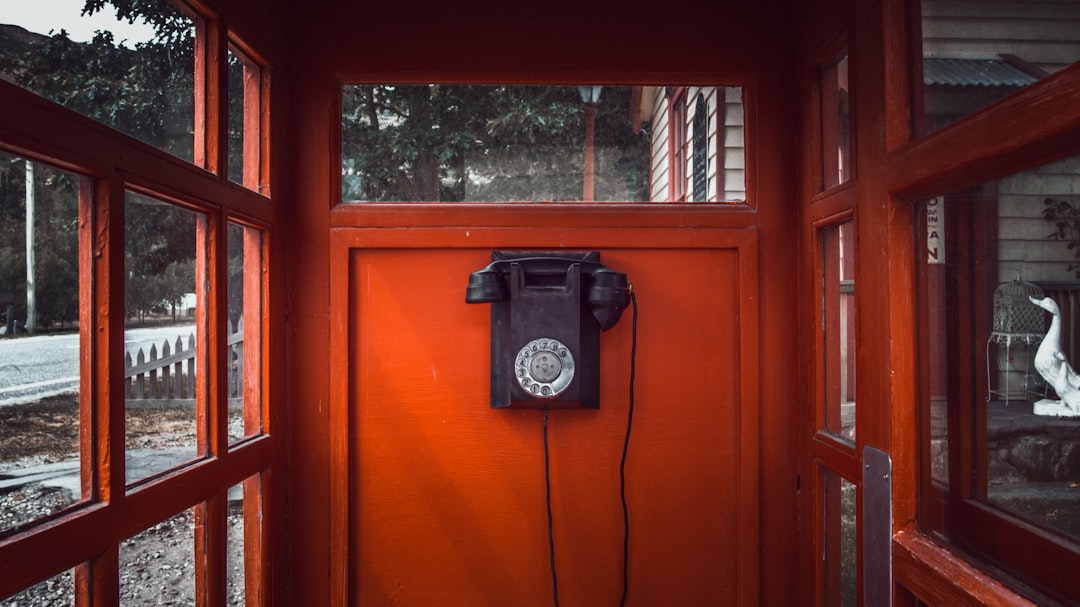Robocalls are a growing problem in Massachusetts, with 70% of residents receiving them weekly. Despite Do Not Call laws, political organizations and non-profits are exempt. To combat this, advanced robocall defense apps are gaining popularity. These apps block spoofed calls from scammers, allowing residents to control their communication experiences. The Do Not Call law protects against law firm calls, with fines for violators. App features include user-friendly design, call blocking, privacy measures like end-to-end encryption, and integration with state registries.
In today’s digital age, Massachusetts residents face an unprecedented surge in robocalls, a nuisance that can lead to identity theft or fraud. To combat this growing concern, this article explores a robust robocall defense app designed for Massachusetts phone protection. We delve into the state’s legal framework concerning Do Not Call laws, highlight app features ensuring effective protection, and discuss user experience while emphasizing stringent privacy measures in light of recent trends targeting local consumers by unscrupulous call centers.
Understanding Robocall Trends in Massachusetts

In Massachusetts, as across the nation, robocalls have become a pervasive and increasingly irritating problem for residents. These automated phone calls, often promoting unwanted services or scams, are particularly prevalent during political seasons and can be a nuisance at best and a threat to personal security at worst. According to recent data, nearly 70% of Massachusetts households receive at least one robocall per week, with many reporting frustration and a growing desire for effective protection.
The Do Not Call laws in Massachusetts, while helpful, have limitations when it comes to robocalls as they exclude political organizations and certain non-profit groups. This has led to an increase in consumer demand for advanced solutions that can filter out these unwanted calls. A robust robocall defense app becomes crucial, especially with the rise of sophisticated call spoofing technology, which makes it easier for scammers to mask their numbers. Massachusetts residents are increasingly turning to such apps as a first line of defense against relentless robocalls, seeking peace of mind and the ability to control their communication experiences.
Legal Framework: Do Not Call Laws in MA

In Massachusetts, the Do Not Call laws are designed to protect residents from unwanted phone calls, including robocalls. The state’s regulations are in line with federal guidelines, ensuring a balanced approach to privacy and marketing efforts. These laws restrict businesses and telemarketers from making automated calls to individuals who have registered their numbers on the Do Not Call list. Massachusetts residents can sign up for this list by contacting their local telephone service provider or through various online resources.
The implementation of these rules is enforced by the Massachusetts Attorney General’s Office, which has the authority to take legal action against violators. This includes fines and other penalties for those who disregard the Do Not Call preferences of Massachusetts phone users. As a result, many reputable businesses now adhere to these regulations, ensuring that residents can enjoy their peace and quiet without incessant robocalls from law firms or other telemarketers.
App Features for Effective Protection

In today’s digital era, robocalls have become a persistent nuisance, with many residents in Massachusetts finding themselves on the receiving end of unwanted and often fraudulent calls. To combat this growing problem, innovative app developers have created powerful tools designed to offer comprehensive phone protection. One such game-changer is the Robocall Defense app, which equips users with an array of features to identify and block these intrusive calls.
The app’s primary function is to utilize advanced algorithms to scan incoming calls, allowing users to instantly recognize and filter out robocalls and telemarketers. It also provides a comprehensive database of known scammer numbers, ensuring that any calls from recognized malicious sources are automatically blocked. Additionally, the “Do Not Call” feature lets users register their phone numbers on state-level “Do Not Call” registries, further restricting unwanted commercial calls, especially from law firms in Massachusetts. This multi-layered approach ensures that residents can enjoy a quieter, safer communication experience.
User Experience and Privacy Measures

When it comes to user experience, a robust robocall defense app for Massachusetts residents should be intuitive and easy to use. The interface should guide users through setting up their preferences, blocking unwanted calls, and reviewing call history. A well-designed app offers quick access to key features, allowing users to take control of their phone protection effortlessly.
Privacy is paramount in the age of digital communication. A reliable app must implement strong privacy measures, such as end-to-end encryption, secure data storage, and transparent data handling practices. Users should have control over their information, including call logs, blocking lists, and personal settings, with clear options to manage and delete data. Additionally, the app should comply with local laws, like the Do Not Call regulations in Massachusetts, ensuring that user privacy is respected at every step.






